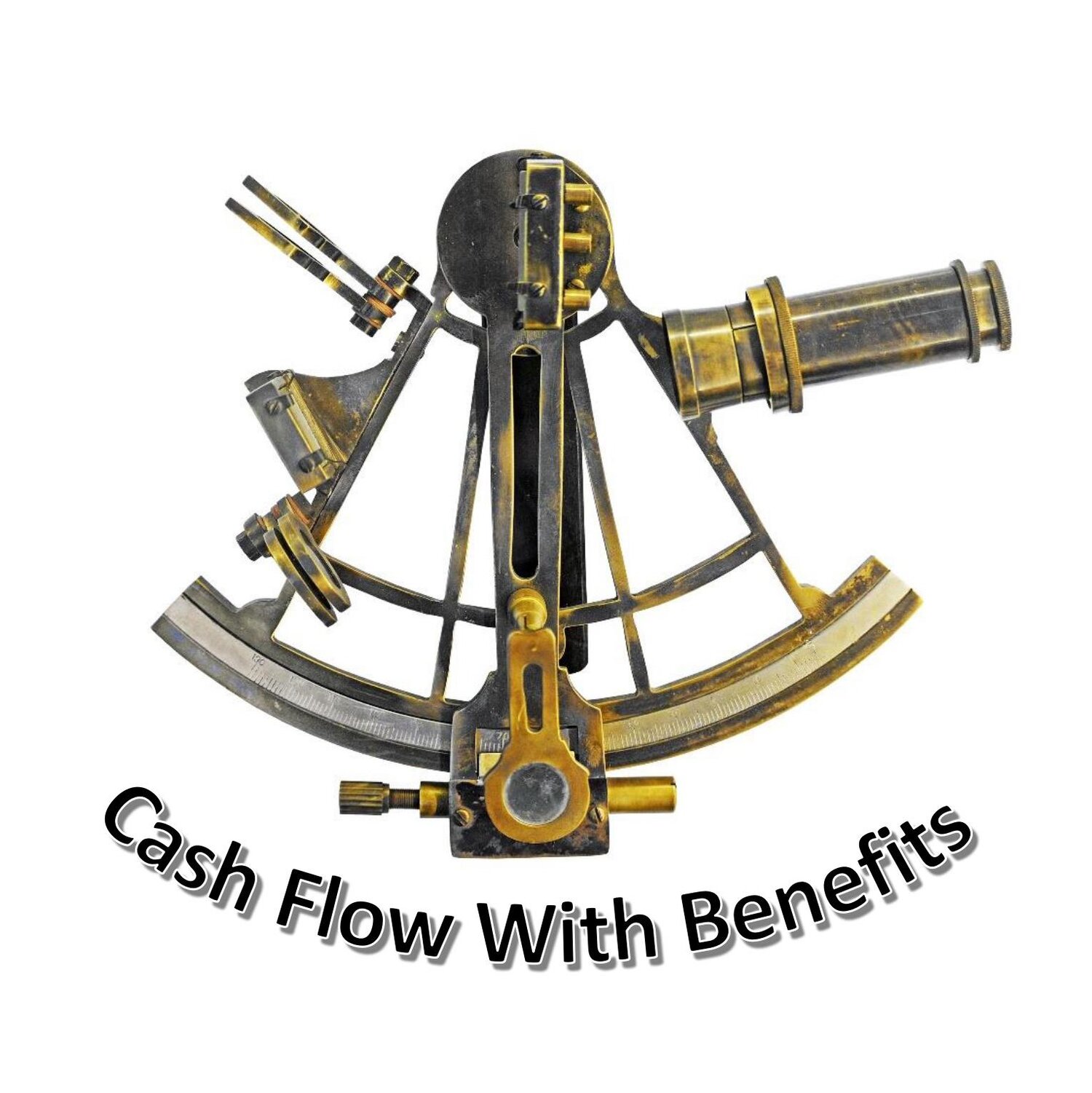Today's topic is tax-favored growth and how it impacts compound interest to build wealth.
One thing to know at the outset is that with infinite banking, compound interest is not the end game as it arguably is for other kinds of "safe" accounts.
With infinite banking, compound interest is the starting point. Therefore, as I mentioned in a previous blog posts, I referred to the concept of "true compound interest".
As a quick review, interest earned on the cash value in a whole life insurance account accumulates tax deferred. This means that no taxes are recognized if the cash remains in the account. The addition of tax advantaged growth to the compound interest equation leads to much faster growth than non-compound interest accounts.
Also, you need to understand that although other types of accounts may be tax deferred (like 401(k) accounts, they also carry strict requirements for distributions, requiring that taxes will eventually be due and payable in a big way. This and other problems with these accounts will be discussed future blog posts.
Even more exciting, the tax advantages with mutual whole life cash do not stop with deferment. Whole life policy dividends from a mutual company are not taxable because they are recognized as a "return of premiums" overpaid in a sense. Remember back to when I talked about PUAs and how a policy holder can opt to have dividends reinvested in paid up additions?
Reinvesting tax-free dividends back into the policy compounds the compounding in a sense, all on a tax advantaged basis - this is true compounding.
Yet that's not all. There are some other factors that enable your whole life cash value to grow without tax depletion.
Factor 1: You can withdraw earnings on your cash account free of taxation up to the amount of premiums you have paid into the policy, i.e. your basis. Withdrawals over your basis amount are subject to taxes.
Factor 2: Policy loans are readily available are very low interest rates and are not taxable. Thus, liquidity and leverage can be obtained through using policy loans to do things like pursue higher risk return investments OR pay off higher interest loans
The tax advantages and the IBC policy structure open the door to other benefits such as using leverage to create a financial arbitrage, all future topics that we will look at in detail.

